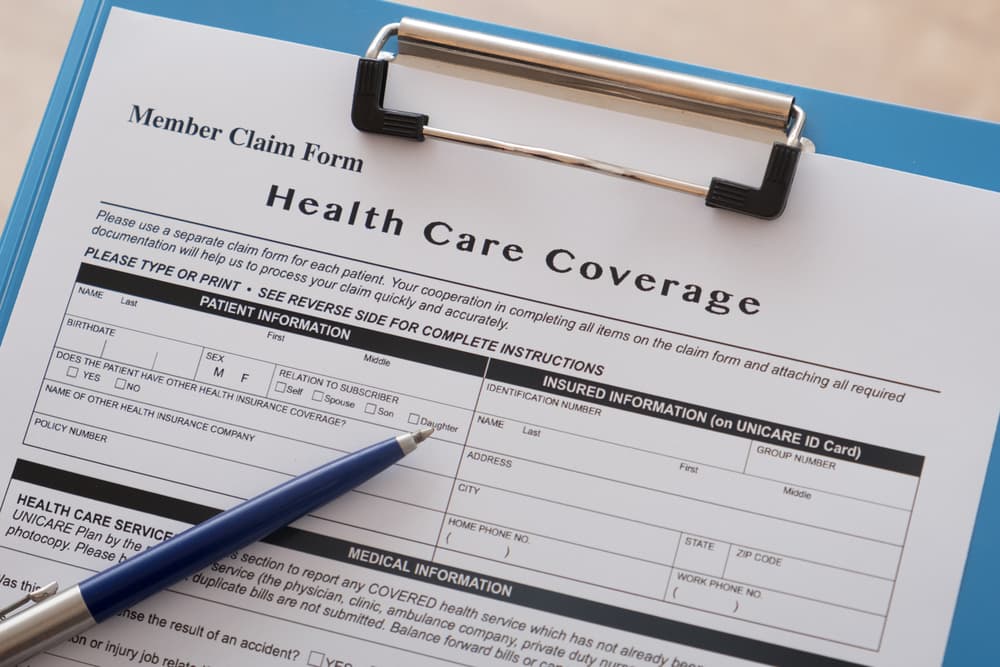- December 4, 2024

Although the state prohibits insurers from charging “excessive rates,” residents of Michigan pay some of the highest insurance rates in the United States. This is due, in part, to the state’s “no-fault,” coverage requirement.
In an effort to reduce costs for consumers, the Michigan Insurance Commissioner has issued a new law to remove the necessity of no-fault insurance and implement industry-wide reform. If you’ve been involved in a collision, a knowledgeable car accident lawyer can help you navigate these changes, ensuring you understand your rights and pursue fair compensation.
Contact us online, and let us safeguard your rights and future.
Key Changes Under the New Law
The most significant change under Senate Bill 1 is the elimination of mandatory unlimited PIP coverage. Drivers now have several coverage options:
- Unlimited coverage (traditional level)
- $500,000 in coverage
- $250,000 in coverage
- $50,000 in coverage (only available for Medicaid recipients)
- Complete opt-out (available for those with qualifying health insurance)
Expected Cost Impacts
While the reform promises potential savings, the reality is:
- Drivers choosing the $50,000 PIP cap may see up to 45% reduction in their insurance costs
- Initial rate increases occurred in 2019 as insurers adjusted to the new system
- Insurance companies may use territorial rating and other factors to maintain higher rates in certain areas
What Is Michigan No-Fault Insurance?
No-fault insurance is designed to protect Michigan drivers in the event of an accident. Under no-fault insurance, drivers will have Personal Injury Protection (PIP) and Property Protection (PPI), regardless of who caused their accident.
No-fault insurance also limits the amount of lawsuits that can be filed after an accident, except in the cases of catastrophic injury or wrongful death.
Understanding the New Law
On May 30, 2019 Governor Whitmer signed Senate Bill 1 into law. The bill is referred to as the “No-Fault New Law,” and it essentially eases the requirements for no-fault PIP.
Drivers no longer have to carry full coverage and can instead put a $50,000 cap on medical benefits provided by PIP. With this election, drivers are expected to see a 45% reduction of their insurance bill.
Should I Expect Savings?
Car insurance rates will definitely get worse before they get better. As you may have noticed, rates increased dramatically in 2019.

While the bill may reduce rates for some drivers, insurance companies are expected to exploit several loopholes and keep their rates high for Michigan’s most vulnerable drivers.
Insurers may be able to micro-target territories, which is legal under state law, and will technically allow them to violate the “non-driving factors” section of the bill.
But Isn’t Providing PIP Expensive?
With a requirement for PIP coverage, insurance companies have to compensate drivers in “worst-case scenarios.” Fortunately, these situations do not happen to every driver, every day.
Even though covering a driver’s lost wages and medical bills is expensive in the event of an emergency, insurers are receiving 45% of their premiums for events that may never happen.
Reducing coverage may be risky for consumers, but it can also be devastating for insurance companies.
What Does Michigan’s Revised No-Fault Law Mean for Me?
If you are insured in Michigan, you may already be feeling the consequences of the new law. If insurers raise their rates now (which they have done and are doing), they will not be overly affected if you decide to change your coverage options in July of next year.
Still, you may be eligible for savings once SB1 goes into effect. What you need to decide is if No-Fault coverage is worth it for you.
Having an insurance policy that pays your bills in the event of a life-changing accident is a promising assurance for some drivers, and it’s an unaffordable one for others.
Trusting insurance companies to provide for you and your family in a worst-case scenario can also seem like a fool’s errand.
Making an Informed Decision
Choosing the right insurance coverage under Michigan's no-fault law requires careful consideration. Here's an approach to making this important decision:
Step 1: Evaluate Your Current Healthcare Coverage

- Review your health insurance policy's coverage for auto accidents
- Check for any exclusions or limitations related to vehicle incidents
- Understand your current deductibles and out-of-pocket maximums
- Verify whether your health insurance qualifies you for PIP opt-out
Step 2: Assess Your Financial Position
- Calculate your emergency savings and ability to cover medical costs
- Review your monthly budget and premium affordability
- Consider your assets that could be at risk in a lawsuit
- Evaluate your ability to handle extended periods without income
Step 3: Analyze Your Risk Profile
- Consider your daily commute distance and driving patterns
- Assess the safety features of your vehicle
- Evaluate local traffic conditions and accident rates in your area
Step 4: Consider Your Family Circumstances
- Account for all household members who might be affected
- Review any existing medical conditions that could complicate accident injuries
- Consider your family's ability to provide care if needed
- Evaluate the impact on family income if you're unable to work
Step 5: Research Insurance Options
- Get quotes from multiple insurance providers
- Compare coverage levels and their associated costs
- Ask about available discounts and bundling options
- Review each insurer's claim handling reputation
Step 6: Understand Coverage Combinations
- Consider coordinating PIP with health insurance
- Evaluate supplemental coverage options
- Understand how different coverage types work together
- Review gaps in coverage between policies
Step 7: Plan for the Future
- Consider how your needs might change over time
- Plan for potential changes in health insurance status
- Account for aging and increased medical risks
- Consider future family additions or changes
Red Flags to Watch For
- Insurance quotes that seem unusually low
- Pressure to make quick decisions
- Unclear explanations of coverage details
- Hidden fees or unclear payment terms
Questions to Ask Your Insurance Agent
- "How would this coverage apply in specific accident scenarios?"
- "What are the exact steps in filing a claim?"
- "How do rate increases work after an accident?"
- "What discounts am I eligible for?"
- "How does this coverage coordinate with my health insurance?"
Talk to an Experienced Attorney at Goodman Acker P.C. Today

If you do choose to reduce your coverage, you may still be able to recover compensation in the event of a serious accident. At Goodman Acker P.C., we can help with car accident claims in Detroit and across Michigan.
If you’ve been injured or lost a loved one in an accident, contact our attorneys to learn more about personal injury claims and how they coincide with insurance policies.
Contact us online, and let us safeguard your rights and future.

